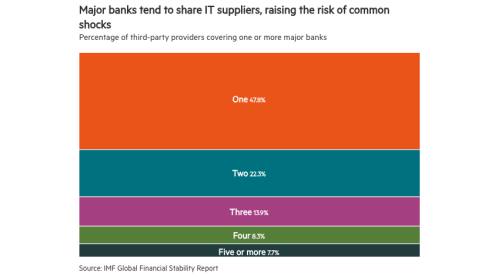The South African Reserve Bank (SARB) kept the repo rate at 3.5% in its March meeting, despite Consumer Price Index (CPI) dropping below the target range of 3-6% in February.
CPI is the most commonly used measure of inflation, tracking the change in price of a consumer basket of goods.
The SARB stated it does not intend to cut interest rates further and rates are expected to remain at 3.5% until 2022, when it forecasts an increase of 50 basis points (bps) to support a post-pandemic recovery following a 7% slump in gross domestic product in 2020.
February’s inflation dip was the third time South Africa has fallen below target since it was set in 2000. Inflation is expected to remain at the low end of the target range for the remainder of 2021 and to rise to the mid-range by 2022.
The South African central bank’s decision stands in contrast to its emerging market peers. Russia, Brazil and Turkey have increased their rates by 25bps, 75bps and 200bps respectively in March, as other emerging markets found it necessary to lift borrowing costs.
Turkey’s repo rate rise this month preceded the dismissal of central bank governor Naci Agbal, just four months into his term.
South Africa’s interest rate move will allow local banks to borrow at lower costs, but could also lead to a drop in profitability due to a decrease in interest income. Fluctuations in repo rates are known to affect the net worth of smaller banks to a greater degree — as the rate increases, the profit of commercial banks increases.
The top five banks in South Africa currently show a higher growth score, according to The Banker Database, but overall rank below the top five banks in Turkey and Russia in key metrics such as profitability, leverage and return on risk.
The five largest banks in South Africa by total assets are Investec, FirstRand, Standard Bank Group, Absa Group and Nedbank Group, according to The Banker Database.
Continue reading: Financial services FDI to South Africa surges despite pandemic






